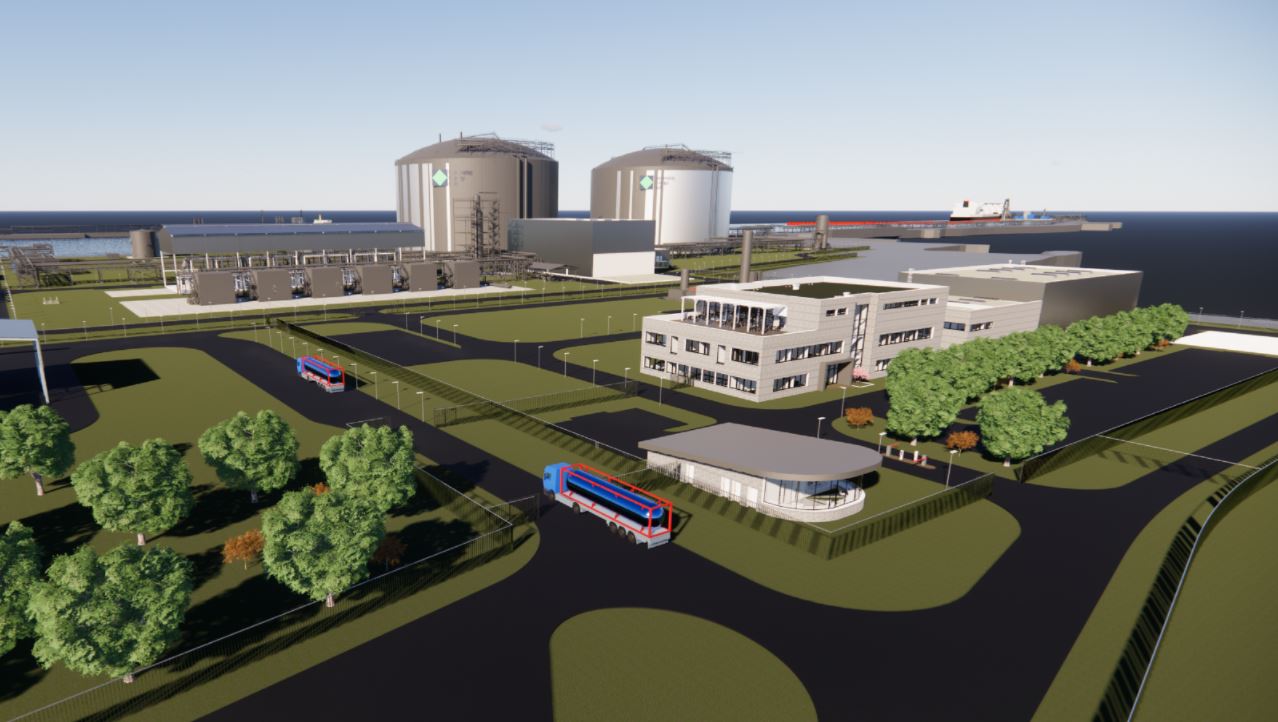Germany’s Hanseatic Energy Hub, the developer of the Stade LNG import terminal near Hamburg, has received approval from the local government, as the country looks to speed up plans to replace part of Russian gas supplies with LNG.
The Stade city council has granted “early municipal approval” for the proposed facility, thus sending a “clear signal” for the developer, Hanseatic Energy Hub, according to a statement on Tuesday.
LNG Prime contacted HEH for a comment on this approval but we did not receive a response by the time this article was published.
Current HEH partners include Germany’s Buss Group, Switzerland’s Partners Group, and Belgium’s Fluxys.
HEH recently invited international market participants to express their interest in booking long-term capacity in the LNG import facility from 2026.
The firm also said it would submit the permit documents for the terminal and port before Easter.
12 bcm per year
With its planned regasification capacity of 12 bcm per year, the LNG terminal in Stade would be able to cover about ten percent of Germany’s gas demand, according to HEH.
Located on the Elbe river within the Dow industrial park, the hub would initially handle LNG and low-carbon energy carriers such as bio-LNG and synthetic methane.
The concept also includes a truck loading facility and a jetty for bunkering vessels.
As global supply grows, it would later also be available for the import of “climate-neutral” energy sources such as ammonia, HEH said.
Germany currently has no large LNG import terminals but there are several facilities on the table including proposals from German LNG Terminal and Uniper, which received backing by the government.
Uniper and RWE are also finalizing talks to secure three floating storage and regasification units (FSRUs) for Germany, the government said last week.
LNG Prime understands that Dynagas and Hoegh LNG could be the owners of these units.

